
Fit for Mission Process:
The wider Fit for Mission process will run from 2022 – 2028, with each deanery in a ‘cohort’ group, journeying through a change process lasting two years. This is split into 3 different stages – ‘Engage’, ‘Act as if’, and ‘Formalise’.
Engage:
‘Engage’ is the first stage of the Fit for Mission journey. It is a time for exploration and curiosity, as PCCs, lay leaders and clergy from within each deanery examine their hopes and questions about what a shared vision of a larger parish may look like.
During this time, each deanery will be assigned a team coach, and a change facilitator, to help both individuals and wider teams work through some of their key challenges. Deaneries in Cohort 2 are also benefitting from a ‘Clergy Engagement Phase’, a 10-session coaching programme helping deanery chapters to work together, build relationships, and assess both challenges and opportunities.
PCCs, lay leaders and clergy will also have multiple opportunities to explore Fit for Mission topics, including finance, buildings and governance, alongside hearing the real reflections and experiences of those further down the Fit for Mission journey.
Act as if:
During this stage, churches will begin to “Act as if” they are in a larger parish, and local leaders and people will work together to form teams that will work through key decisions, about how they would like their larger parish will function. Teams will also work towards some important changes that are required as part of a move to a larger parish, such as new approaches to mission, governance and software. During this time, a shadow PCC will be formed, which will be a temporary group elected to plan and work out how the new PCC will govern and communicate with all the churches in the larger parish.
Throughout this stage, parishes will be supported by a skilled change facilitator, who will guide leaders and teams through the transition process.
The local clergy team will receive coaching from an experienced range of coaches and local lay people will also be invited to join ‘Cultivate’ a lay missional leadership development programme, focused on planting new worship communities and justice initiatives, and revitalising existing ones. To find out more about Cultivate, click here.
During the 'act as if' phase, a consultation will take place about the detail of becoming a larger parish. There are a number of stages so everyone, current PCCs, Clergy, Lay people, and the community and can have a voice;
- Creation of deanery by the deanery
- Consultation of draft proposals by the diocese
- Consultation on the draft scheme by scheme commissioners
Formalise:
Once the final proposal is accepted, a pastoral reorganisation will take place, that will change the legal boundaries of the parish, with the hope that the new parish will be established for the start of the Church of England’s next financial year, January 1st. If this isn’t possible, another suitable date will be found. This will be a time of celebration for the new parish, as all their hard work and new process become official.
How will this work?
Fit for Mission is led by local teams with funded specialist capacity to support local clergy and lay leaders. Decisions and actions will be led by existing lay and clergy leaders within each deanery. Over a two-year period, each deanery will work together, with tasks spread across many people and sub-teams, all coordinated by a Navigation Team. Each team will be made up of local lay and clergy and will be supported by, or be able to draw on, extra resources and skills they need, provided by the Fit for Mission programme.
The Navigation Team
The Navigation team is a local team of clergy and lay who will navigate and coordinate the two-year change programme. The Navigation team members will have specific strategy development and coordination skills and will serve the deanery/larger parish as they use these skills. The team will be supported by a Change Facilitator, who will help the team to plan and progress in all the areas of change required. Each Navigation Team will recruit a half-time administrator to support their administrative and communications needs. In addition, coaching will be available to help this team and the wider team develop their new ways of working.
Growth Team
The purpose of the Growth Team is to provide strategic oversight of missional activity, with a particular focus on new and existing worship communities and justice initiatives. This will include ensuring the missional priorities of each new parish are clear and pursued while making sure there is an emphasis on diversity of tradition, to help reach a wider demographic. This team will be made up of an equal mix of lay and clergy team members and they will be accountable to each other, and the Growth Team lead. The lead team member will be accountable to the parish rector, who will in turn be accountable to the PCC.
Support Services Team
The Support Services Team will develop a proposal for a single support services function for the larger Parish. The aim is to do more with greater consistency and efficiency across the larger geography.
Right Buildings Team
The Right Buildings Team will in the first instance work to deliver a Right Buildings proposal for the larger Parish. This will be a significant piece of work that will involve listening to church and local communities and a broad assessment of opportunities for each current building. The team will make a best-option proposal about which buildings the larger parish needs for its future mission and ministry.
The Right Buildings Team will be assisted through the process by a Buildings Strategy Manager. Once a decision has been made by local leaders,the development of buildings will be supported by a fundraiser and project manager.
Shadow PCC
A Shadow PCC will be elected as a temporary group, to prepare for the governance of the larger Parish. Its members will work together to prepare and adapt policies and procedures, define permeable routes for good communication with parish officers and the leadership teams of worshipping communities, and ensure financial structures and reporting mechanisms are in place. The new PCC will only take governance responsibility after the finalisation of pastoral reorganisation, until then each existing PCC retains its current responsibilities for governance. Unlike current PCC's, the new PCC will focus on 4 governance responsibilities; Financial oversite, buildings portfolio oversight, employment and safeguarding.
Local church/worshipping community teams:
One of the key principles within Fit for Mission is that nobody should shoulder the burden of leadership alone; everyone should feel part of a mutually supportive and accountable team. Leadership and management of churches, congregations and worshipping communities will be appropriate for the size of each. In every case, leadership by the team will be encouraged with each team being led by a named focal leader. In some cases, the focal leader will still be the priest, in others, it will be a recognised lay leader or Deacon. In addition, every congregation and worshipping community will be under the oversight of a priest who is responsible for the spiritual health of that community.
Ministry Portfolio Teams
Portfolio teams will be responsible for the delivery of a particular ministry across the whole of the larger parish geography. By working this way, teams can adopt best practices, avoid duplication of effort, and where appropriate, work across a larger geographical scale, to build momentum and better equip and resource outcomes.
The portfolios for the larger Parish will be defined locally, and some possibilities could be:
- Cultivate - developing lay leaders, planting and revitalising
- Invitation, evangelism & justice
- Deepening discipleship
- Funerals and Bereavement teams
- Children (primary)
- Young people (11-25)
- Chaplaincy
Fit for Mission project delivery teams
Project Management, Communication and Administration
Richard Gedge - Diocesan Programme Manager
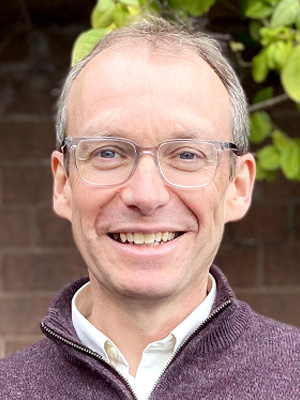
Darran Draper - Transformation Manager

David Banbury - Engagement Manager
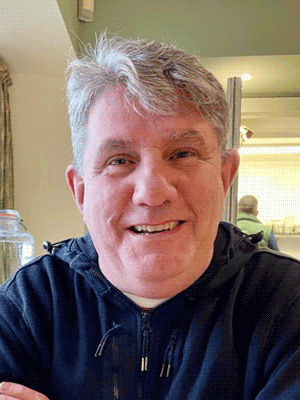
Emma Potter - Data and Reporting Analyst

Gill Dottie - Programme Administrator

Jess Corcoran - Communications Manager

Cultivate and Justice
Frank Hinds - Cultivate Lead

Kate Eaglestone - Cultivate and Justice Coach
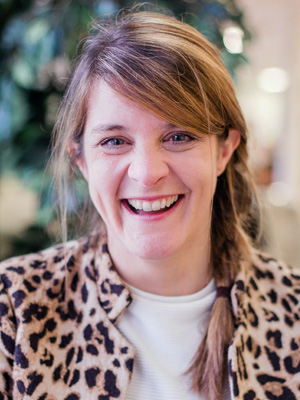
Penny Stradling - Cultivate Coach
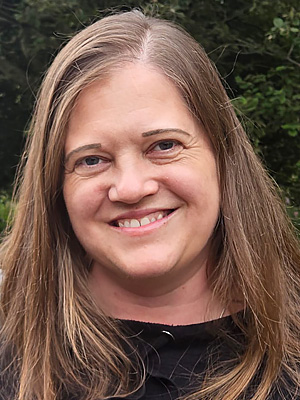
James Green - Together Liverpool Executive Director
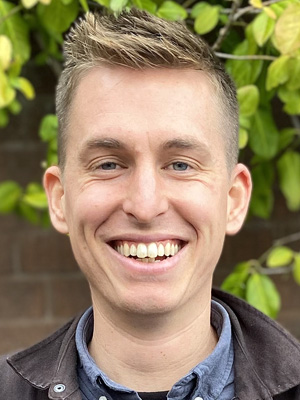
Change Facilitators
Suzanne Matthews - Lead Change Facilitator and Director of Vocations
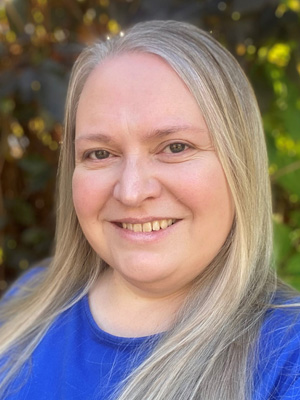
Lisa Gilligan - Change Facilitator
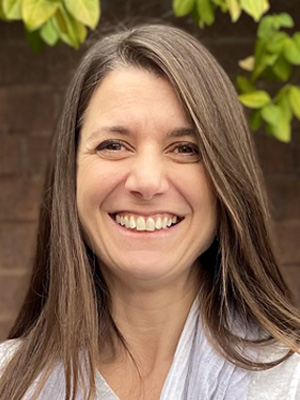
Andrea Urquhart - Change Facilitator

Ann Cheung - Change Faciliator
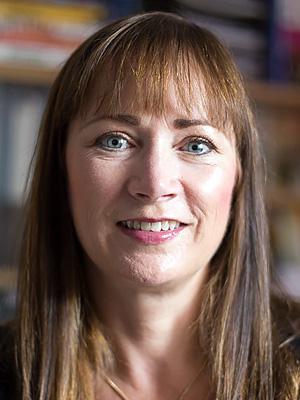
Clayton Rowe - Change Facilitator
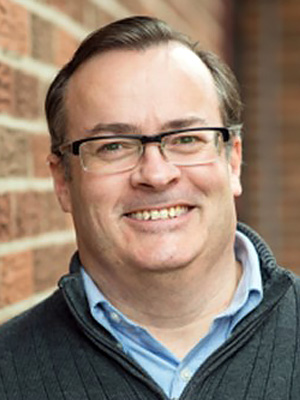
Buildings and Fundraising
Craig Walker - Buildings Strategy Manager

Norman Bilsborough - Buildings Release Officer

Richard Bennett - Fundraising Coordinator
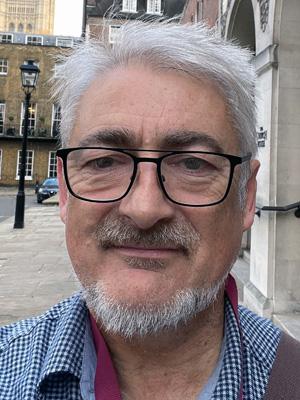
Support Services and Deanery Administration
Rachel Patterson - Support Services IT Development Officer
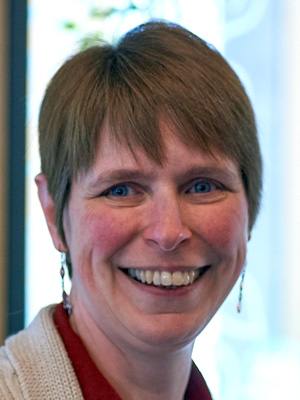
Victoria Allen - West Derby Administrator
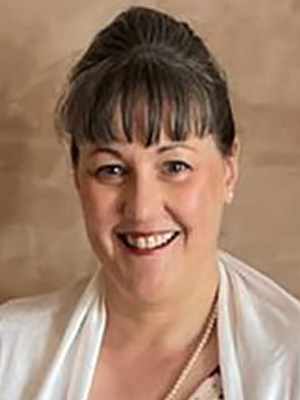
Andrew Thurston - Finance Transition Lead

Missional and Coaching
Tim Montgomery - Missional Lead Development Officer

Anthony Clowes - Leadership Coach
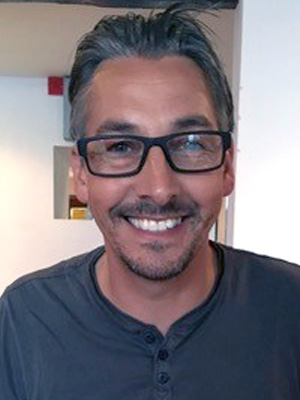
Nic Harding - Leadership Coach

Alan Taylor - Leadership Coach
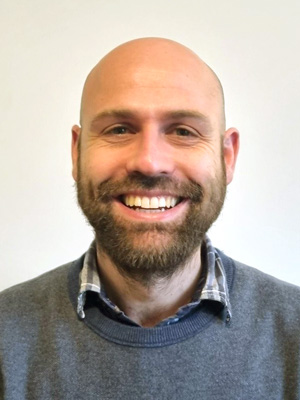
Programme Accountability
The Bishops of Liverpool and Warrington have the authority and episcopal oversight of Fit for Mission. The Diocesan Secretary is the Programme Lead responsible for oversight of implementation and coordination with Archdeacons. The Bishop of Warrington chairs the Fit for Mission board, The Diocesan Programme Manager has responsibility for delivery and coordination, supported by the programme’s Transformation Manager.
How can I find out more?
Contact fitformission@liverpool.anglican.org for more information about Fit for Mission
Together we can be Fit for Mission